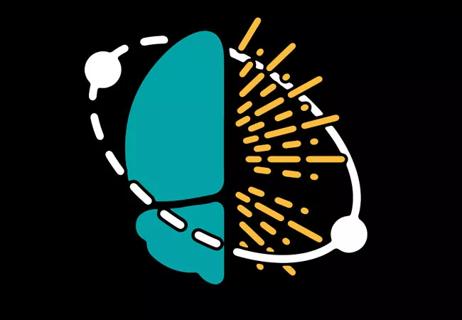
First full characterization of kidney microbiome unlocks potential to prevent kidney stones

Investigators are developing a deep learning model to predict health outcomes in ICUs.

Cleveland Clinic and Johns Hopkins collaboration could help meet need for new therapies

Cleveland Clinic researchers’ finding paves the way for new antiviral approaches
Advertisement
Cleveland Clinic is a non-profit academic medical center. Advertising on our site helps support our mission. We do not endorse non-Cleveland Clinic products or services. Policy

Multicenter collaboration aims to facilitate tracking of neurological activity deep within tissue

Findings illuminate MCEMP1 protein’s role in severe inflammation

Anti-viral immunity identified a novel mechanism in necroptosis

Cleveland Clinic’s new Global Director of Vaccine Development outlines plans, priorities

Collaborative involving Cleveland Clinic investigators focuses on antiviral drug development

Inhibition of DNA-PK suppresses tumor growth in preclinical models
Advertisement
Advertisement